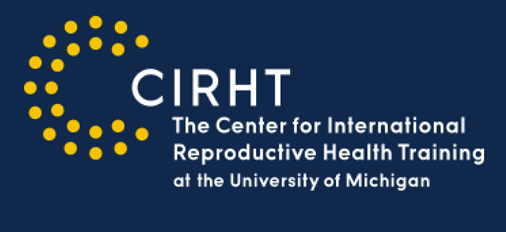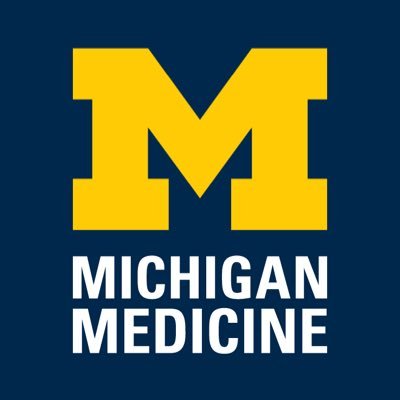Speaker
Description
Background
In low- and middle-income countries (LMICs), it is estimated that in 2019, approximately 21 million pregnancies occurred annually among teenagers aged 15 to 19, with nearly half of these pregnancies unplanned, resulting in an estimated 12 million births. Gendered cultural norms, societal stigma, and religious opposition often hinder access to contraceptive services for adolescents. Adolescents who seek abortion services face negative attitudes from healthcare providers, leading to fear of engaging with the health system. This fear is worsened by experiences of psychological distress and abuse before abortion. These negative perceptions from both communities and healthcare professionals contribute to women’s reluctance to seek abortion services at health facilities. This study aimed to explore the experiences of adolescents with healthcare providers following abortion at Matero and Chipata hospitals, as well as in the Chilenje, Chawama, and Kanyama areas of Lusaka, Zambia.
Methods
The study employed a qualitative inquiry utilizing hermeneutic phenomenological approach at five first level hospitals, in Lusaka, Zambia. The study was conducted with a total of 11 adolescents aged 10 to 19 years who had their pregnancies terminated and were recruited after the procedure using purposive sampling. In-depth interviews were conducted with the teenagers to gather detailed information. All interviews were audio-recorded to ensure accurate data collection. Ethical clearance was obtained from the relevant ethical bodies. Data were analyzed using thematic analysis.
Results
In-depth interviews revealed the following experiences;
Emotional turmoil – such as motional fear, as one client stated “I knew that abortion may lead to death because I've heard that other, others do die”
Emotional Guilty as expressed by this client “Because when I told him that I was going to abort, he told me that that will be the end of our relationship”,
Emotional Pain, as expressed by client X “I'm feeling guilty. Whenever I'm passing, it's like everyone knows about it”
Physical experience - The unexplained pain, “But it was that pain I had not experienced before, as if someone was cutting my intestines”, Physical disruption “I was feeling dizzy and shivering”
Spiritual turmoil - Feelings of guilty, “I feel guilty because I have killed a human being”
Rewarding experience - Fulfilling parent’s expectations such as expressed by this client “Because I knew that I was going back to school and I won't, you know, I won't disappoint my parents”
Majority of the adolescents further explained that they had problems opening up that they needed an abortion due to the shame and stigma associated with the vice. They further explained that health care providers were supportive and gave them the necessary care that they needed although there was inadequate counselling provided.
Conclusion
These results show that most adolescents experience pain in different forms. There is need to emphasize the necessity for medical professionals to give adolescent-friendly care top priority, guaranteeing counselling services, privacy, dignity, and compassion when offering post-abortion treatments.


